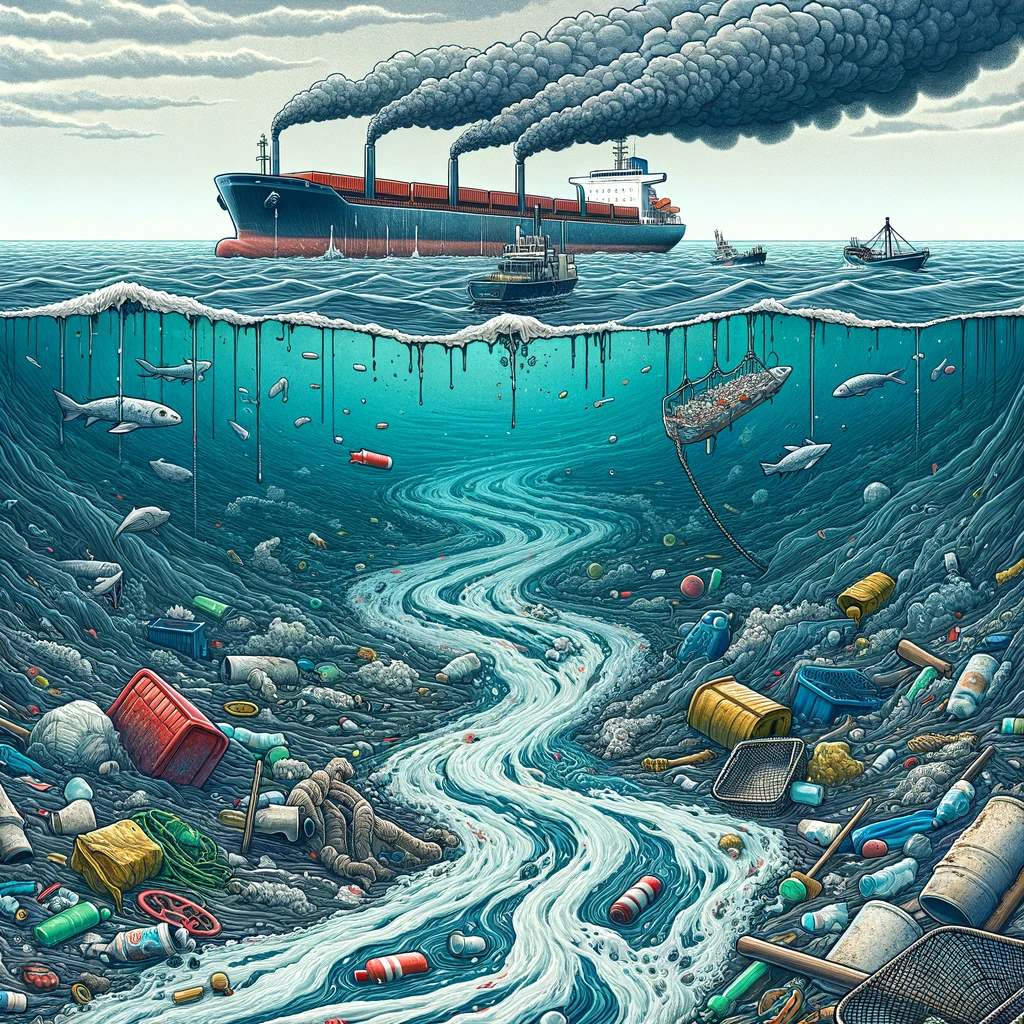Maritime pollution is the introduction of harmful substances or energy into the marine environment. It can have a devastating impact on marine life, coastal ecosystems, and human health.

Environmental law is a body of law that seeks to protect the environment from pollution and other harmful activities. It includes a variety of laws, regulations, and treaties that are designed to prevent, control, and clean up pollution.
What are the environmental issues of marine pollution?
Marine pollution can be caused by a variety of sources, including:
- Oil spills from ships and offshore drilling
- Land-based sources, such as sewage and industrial waste
- Agricultural runoff
- Marine debris
Marine pollution can have a wide range of environmental impacts, including:
- Harm to marine life
- Damage to coastal ecosystems
- Reduced water quality
- Human health problems
What is the law of maritime neutrality?
The law of maritime neutrality is a body of law that governs the rights and duties of states during times of war. It ensures that neutral states are not drawn into conflicts between other states.
The law of maritime neutrality prohibits neutral states from allowing their ports and waters to be used by belligerent states for military purposes. It also prohibits neutral states from trading with belligerent states.
What is the law of marine environment?
The law of marine environment is a body of law that seeks to protect the marine environment from pollution and other harmful activities. It includes a variety of laws, regulations, and treaties that are designed to prevent, control, and clean up pollution.
The most important treaty governing the law of marine environment is the United Nations Convention on the Law of the Sea (UNCLOS). UNCLOS was adopted in 1982 and entered into force in 1994. It is the most comprehensive treaty governing the use of the oceans and establishes a number of rules and regulations for protecting the marine environment.
What are the environmental impacts of maritime activities?
Maritime activities can have a significant impact on the environment. Some of the most common environmental impacts of maritime activities include:
- Oil spills
- Air pollution
- Marine debris
- Noise pollution
- The introduction of invasive species
These environmental impacts can have a negative impact on marine life, coastal ecosystems, and human health.
